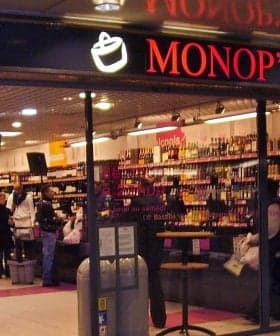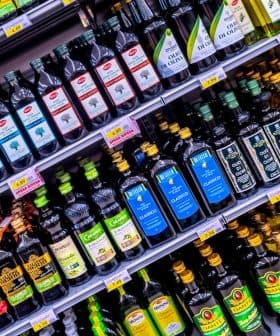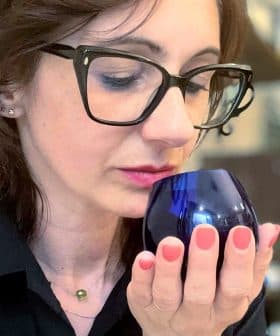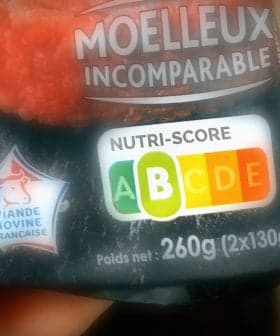 9.4K reads
9.4K readsN. America
Costco Switches Back to Italian for Private Label
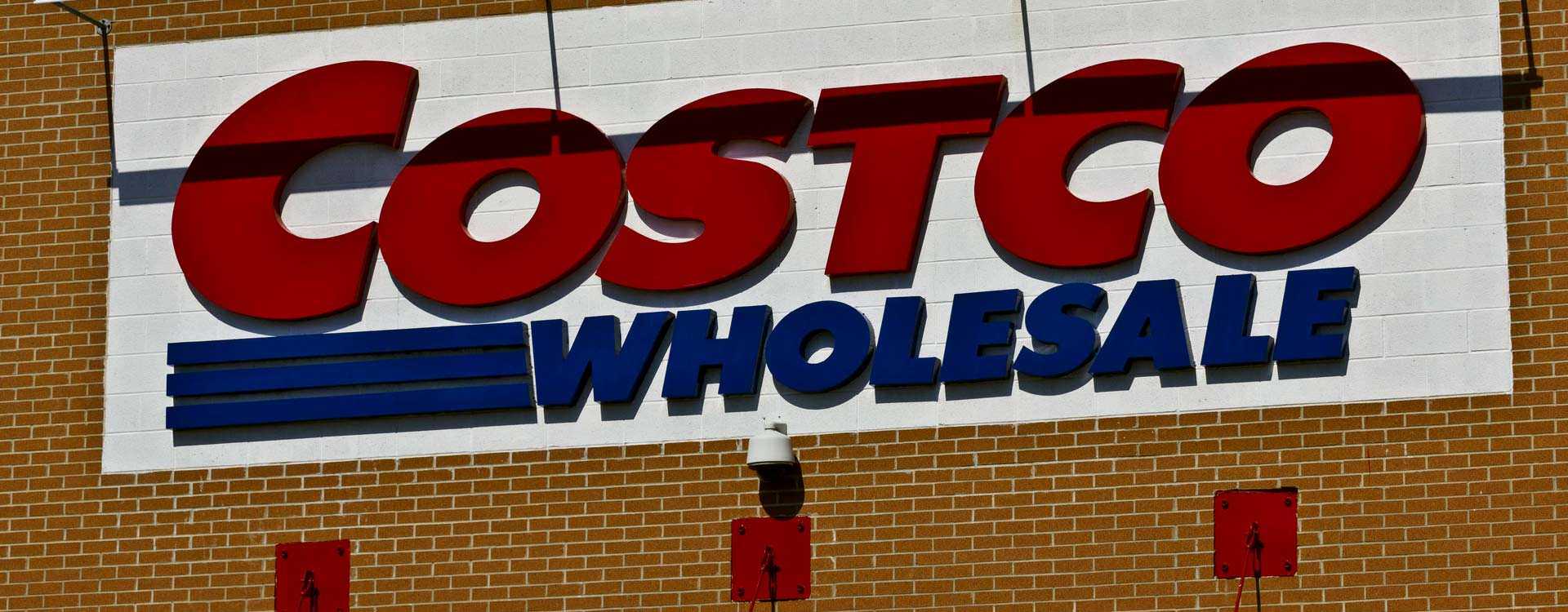
Costco’s newsletter highlighted its Kirkland Signature brand of extra virgin olive oil, emphasizing the importance of ensuring authenticity in a market plagued by fraud. The company recently switched from Italian to Greek producers for its olive oil blend due to supply issues, but ultimately returned to Italian oil based on customer preference for perceived quality.
In Costco’s August 2016 newsletter, the world’s second-largest retailer featured a story about its Kirkland Signature brand of extra virgin olive oil. The olive oil category has moved front and center for the company’s food buyers in recent years, as international headlines continue to indicate an industry fraught with fraud and counterfeit.
Large retailers like Costco who buy in bulk and may not have systems in place to weed out phony oils are vulnerable to substandard products. Costco’s Kirkland, however, consistently receives high marks in controlled taste tests.
The Greek oil did OK, I myself preferred it in a blind tasting, but it was not quite as strong a seller.
As recently as 2013, the United States Food and Drug Administration detained, and subsequently refused, a number of shipments from a major Italian olive oil producer, Certified Origins Italia, that was one of the resources employed by Costco for itsextra virgin olive oil imports.
Since then, in an effort to ensure its customers are getting high-quality olive oils, Costco corporate food buyer Shauna Lopez said in the newsletter that the company is cracking down and “recently took better measures to ensure that only 100 percent authentic Italian extra virgin oil is sold at the warehouse. Costco is fully aware of this illegal situation and has worked diligently to ensure its Kirkland Signatureextra virgin olive oil is authentic and traceable.”
Citing the continuing problem with olive oils being peddled by shady producers as extra virgin when testing has shown many are cut with cheaper stuff like palm oil, Lopez maintained that the company has established a stringent chain of quality checks and balances designed to determine purity from growers, millers, bottlers and importers.
Presenting its current processes as top notch, Lopez said the company now works with the Geneva-based International Organization for Standardization (ISO), employing its traceability system to ensure the origin, authenticity and safety of the Italian oils and to confirm integrity through the supply chain.

The newsletter, however, makes no mention of the fact that a little more than a year ago, Costco switched entirely from Italian to Greek producers for its signatureextra virgin olive oil blend.
In March of this year, an On Olive Oil podcast featured an interview by Olive Oil Times publisher Curtis Cord with Chad Sokol, the commodity and dry grocery buyer for the company’s Northern California and Nevada stores. Sokol noted that the Kirkland Signature brand ofextra virgin olive oil was purchased and coordinated through the corporate office and he echoed Lopez’ statements about the importance of the category and the need for quality checks and assurances.
“We independently test all product at every level and rely on third party audits for all the Kirkland Signature products. We’re very hands-on at Costco. And what the bottle says, it better be that.” He went on to note that the company had expanded the category by sourcing from Greece and, in Sokol’s region, from local growers like California Olive Ranch as well.
Reached for comment on the Costco newsletter story, Sokol confirmed that in April 2015 Costco corporate dumped their Italian exporters entirely in favor of resources in Greece, switching back to Italian oil just this month.
The Kirkland two-litre, Italianextra virgin olive oil was “the main sales driver for the past few years,” said Sokol. But supply problems, likely partially due to the Xylella fastidiosa blight that ravaged Italian olive groves and trees by the millions, and rising prices for Italian EVOO, were reason enough to try an alternative product.
“Pricing was through the roof, so we decided to make the switch and change to 100 percent Greek oil for a year.” The label and cap were changed to distinguish the new blend, and the company waited to see how consumers would respond to it versus the Italian.
Within 14 months, the customers had spoken and, with prices coming back down, Costco went back to Italian. “It was what members wanted. They’re used to what they’re used to and there’s a perception that Italianextra virgin olive oil is top-of-the-line. The Greek oil did OK — I myself preferred it in a blind tasting — but it was not quite as strong a seller. And pulling our buy out of Italy was significant. Their pricing came down as a reaction, and that was our hope as well.”
According to Sokol, Costco’s goals include expanding the knowledge of its member base into EVOOs from Greece, Spain, even Tunisia going forward. And each region, like his, has the latitude to test and sell smaller-scale, local brands but, he added, “We have to be careful with such a big sales driver. You don’t want to mess with it.”


